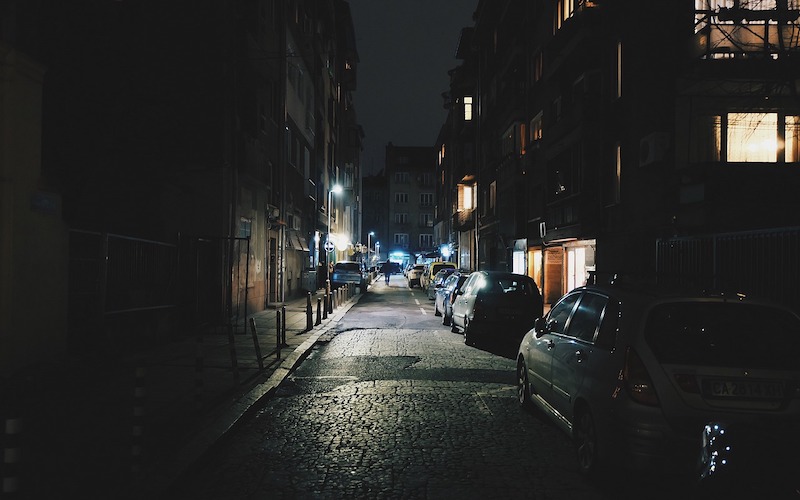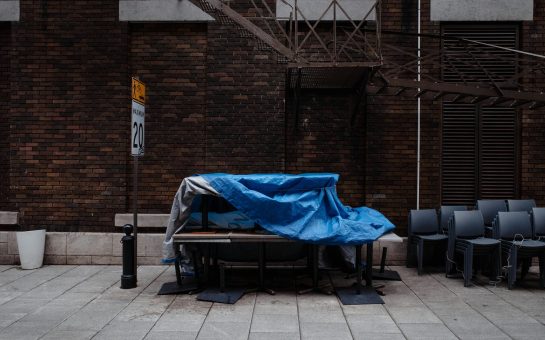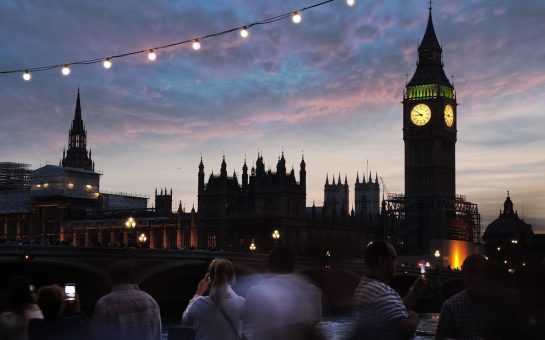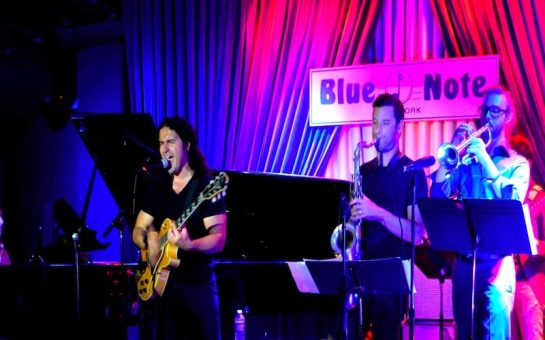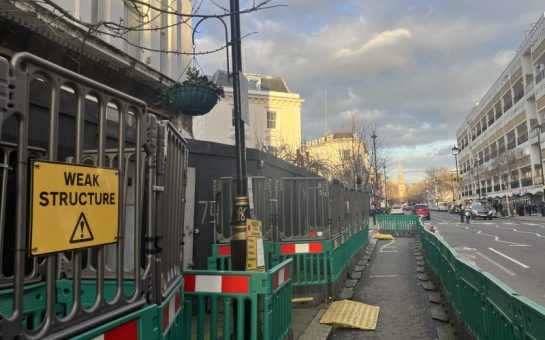Oscar de la Renta once infamously advised his runway models, “Walk like you have three men walking behind you.”
He likely wasn’t picturing the gait of women walking through the City of Westminster at night, eyes down and pace increased for fear of attracting attention – a dangerous prospect in the London borough with the highest rate of sexual offences.
Following an 11% increase in sexual offences and reports that almost half of women felt unsafe at night in the borough, Westminster Council was awarded £289,600 in April as part of the Night Safety programme, which aimed to reduce rates of sexual harassment in the area.
However, the campaign has had little effect on the women living in Westminster, according to mother and daughter Allison and Maggie*.
Maggie, 21, said: “I’ve lived on the estate in Westminster all my life. Walking about at night has always been tricky, but it’s only the last few years that I’ve started to feel properly unsafe.”
She felt particularly let down by the council’s £70,000 investment into expanding the Night Stars Service patrols, which is made up of a team of volunteers who people get home at night.
Maggie added: “It shows you how little the council values women’s safety, that they’ll invest funds into an ineffective scheme where volunteers patrol around instead of putting money into the things that will actually help us, like more street lights.”
Her standard walking route home changes from October to March, when the sun goes down before she gets home from work.
Maggie’s preferred routine takes her through a large park, but due to its inadequate street lighting, she feels it is unsafe to walk there in the dark.
She said: “I like to cut through the park near my flat because it saves me about 15 minutes, but now I have to go around it instead.
“It’s like… can you imagine if something happened to me when I was heading home that way? Everyone would say, ‘Well, what did she think would happen going through a park without lights at night?’
“They would never ask, ‘Well, why aren’t there lights in the park?’ It would be seen as my fault, which makes me absolutely livid. So I go the long way.”
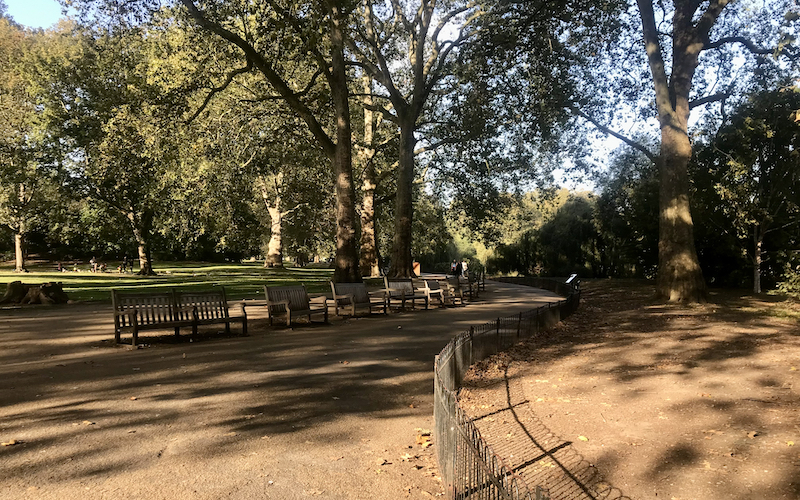
Allison, 63, has similarly suffered street harassment and feelings of unsafety when walking near her home in Westminster, expressing scepticism about the effectiveness of the Night Safety programme that she had never previously heard of or benefitted from.
She explained: “I wouldn’t have thought that at 63 I’d have men lobbing profanities at me coming back from the shops.
“But my oldest said something the other day that put it into perspective. She said, ‘Mum, it’s not even about attraction, it doesn’t matter what someone’s wearing or how old they are. It’s about power: they do it to scare you.’
“That really opened my eyes.
“I appreciate the sentiment of the campaign, but I think the fact that I’ve never known it was happening until now speaks for itself. It hasn’t done anything to protect my daughters or me.”
The name of the campaign, “It’s Her City Too”, was a particular point of annoyance for the women, who viewed it as a cloying appeal to a sense of male entitlement.
“It’s the kind of thing you’d say to a little boy,” Maggie commented.
“These aren’t children who dislike sharing. They’re predators. If the council is taking our safety seriously, they should make it clear.”
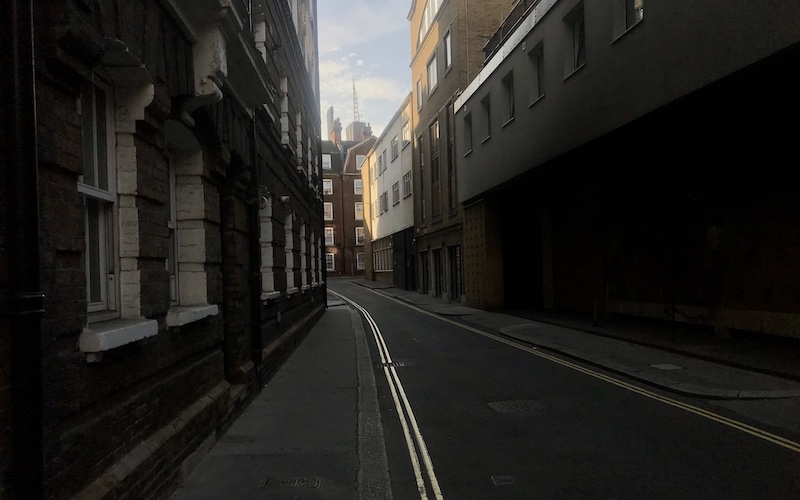
So what can be done to ensure women are safe when walking through Westminster, especially at night?
Though the council’s programme includes a business accreditation scheme and women’s safety training for business staff in addition to the Night Stars programme, Bassem Mostafa, owner of the Globemonitor Market research agency, believes there are more solutions.
Mostafa said: “A significant portion of women in Britain, approximately a quarter, have faced sexual harassment in public spaces within the last five years. This figure alarmingly rises to more than half among women aged 18-24.
“These statistics underscore the urgency of implementing effective measures to combat street harassment. They also highlight the need for interventions that are sensitive to the age-specific experiences and vulnerabilities of younger women.”
He proposed solutions including having a more visible police presence, particularly in areas known for higher incidences of harassment, as a deterrent to potential harassers, as well as improving lighting in streets and public spaces.
He added: “This can increase visibility and safety for pedestrians, especially during the night. Well-lit areas tend to deter potential harassers and make women feel safer when walking.
“Additionally, designing public spaces with safety in mind can contribute to reducing harassment. This includes considering the placement of walkways, parks, and public facilities to ensure they are open, visible, and well-trafficked.”
For the women of Westminster, there can be no greater priority.
“I’m lucky,” said Maggie. “Nothing too terrible has ever happened to me, and I can call an Uber or have my boyfriend pick me up if things feel too bad to risk.
“But there are women who live near me who can’t say the same. And I want them safe just as much as I want myself safe.”
A spokesperson for the City of Westminster Council said: “Night safety has and will continue to be one of Westminster’s top priorities.
”As set out in the Fairer Westminster strategy, the council’s remains committed to improve safety for women and girls. We do not tolerate any form of sexual harassment on our streets or in our venues.
“Regarding increasing Police Patrols, that wouldn’t be for us to control, that would be one for the Met Police.
“However, in the last year the expanded night stars service have helped 280 groups or individuals whilst on patrol and are a continued presence around the West End such as Soho, Leicester Square, Oxford Street, Embankment and The Strand.”
*Name has been changed for privacy
